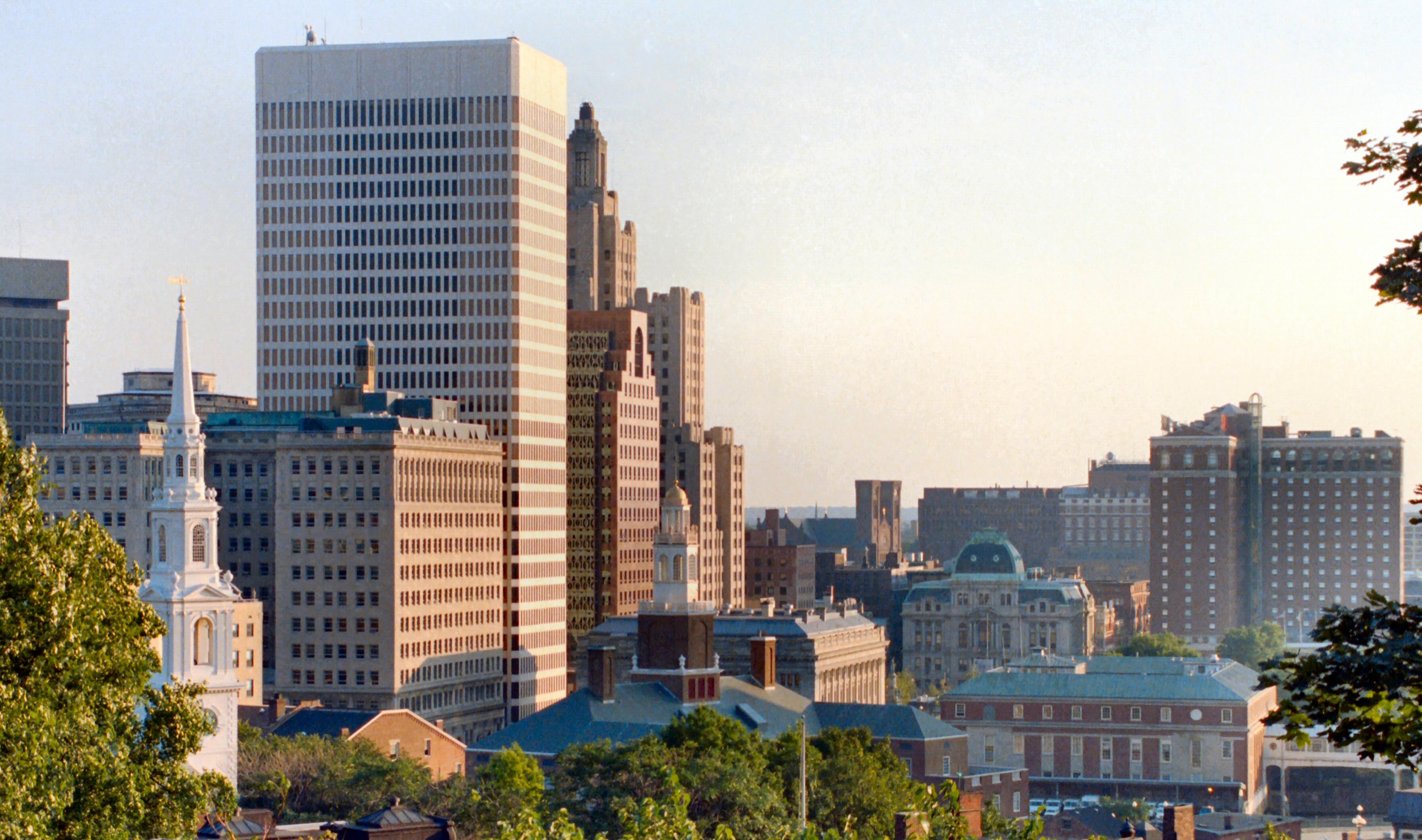Towns across America are hitting a troubling paradox in downtown revitalization: people do not want to move downtown until there is a grocery store there, but no grocery store wants to relocate until a critical mass of people live downtown. I know that for many people I have spoken to, moving into downtown Providence is not an option because of the lack of a grocery store. Many people who want to live downtown also want to live car-free. Really, without a grocery store downtown, they are better off living in Wayland Square near East Side Market and Whole Foods or on the East Side near Stop and Shop and the other Whole Foods.
Problematically, most major grocery stores do not want to locate in a downtown. Most grocery stores like having their own buildings with massive parking lots (remember next time you are at the store that the cost of your purchase includes the cost of a big parking lot). Stores like Stop and Shop and Whole Foods do not locate downtown if they can locate on a large piece of suburban land. This has led to an interesting trend: towns giving economic development loans to local health food co-ops and other local bodega-type stores to sell groceries in downtowns.
This idea has a lot of merit. First, it is giving a loan to a local business instead of a far-off corporation. Second, it adds some retail and vibrancy to downtowns, many of which need tenants for storefronts. Small co-ops tend to be able to fit into preexisting spaces, rather than needing to build their own. Third, it gives resources to those who choose to live downtown, hopefully encouraging others to move downtown, too.
The list of towns making such loans is extensive. Seattle set up a Healthy Food Here economic development program to aid existing bodegas in selling more health food. Greensboro, NC gave an economic development loan to Deep Roots Market to move downtown from the suburbs.
Now, the federal government has gotten into the game under the Obama Administration, using such businesses to fight food deserts. The Healthy Food Financing Initiative can make loans to co-ops to move into certain areas, or help the residents of a food desert start their own co-op. The program gives both financial and advisory help to small businesses.
One would think that in New York City, where grocery stores generally cannot build to their own specifications and generally do not have parking such programs would not be needed. However, the map of food deserts in New York City is striking. To combat this and spur economic development, Mayor Bloomberg turned to financing local grocery stores. The Food Retail Expansion to Support Health (FRESH – so clever!) program combats ill nutrition and rundown neighborhoods through tax incentives to new grocery stores. Do click the FRESH link and look at where the NYC Office of the Mayor declared a food deserts within New York City. It is an amazing amount of land. Big box food stores only serve a certain segment of the population.
Grocery stores have quite a lot of local power. Everyone has to buy food somewhere. Since economic development loans have become a fixture of municipal planning, I am glad towns are using them to promote healthy food and downtown growth.
